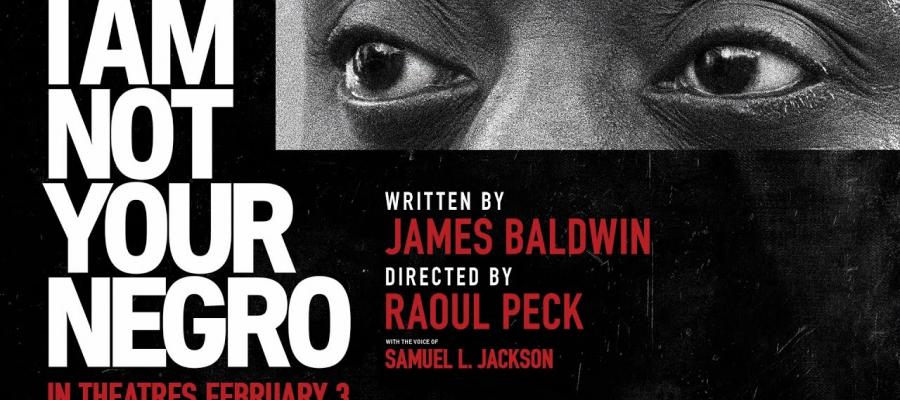Race, Class, and Inequality
Aug 08, 2006The concept of equality is as important to America's self-conception as it is confusing. What sort of equality?

I Am Not Your Negro, an extraordinary documentary by Raoul Peck, presents the critical relevance of James Baldwin to the violence that engulfs many African Americans today. The film draws on excerpts of Baldwin’s speeches, interviews with Baldwin, and selections of Baldwin’s written work read by Samuel L. Jackson. It is structured around three murders of people Baldwin knew and cared deeply about: Medger Evers, Malcolm X, and Martin Luther King Jr. Interwoven with these narratives are scenes from Baldwin’s own life, scenes of the civil rights movement, and scenes of violence against African-Americans and Native Americans. Throughout, the film lays bare the historical and continuing history of race, exploitation, and violence in the United States.
One critic, Antwan Herron, writes that I Am Not Your Negro is more a movie for white liberals than for African-Americans. On Baldwin’s own view, this claim resonates: as a white woman, I have not and cannot experience the social world from the standpoint of a black woman, much less a black man. But if any film can lay the standpoint of a black man bare, it is this one. Indeed, the film demonstrates the force of an approach towards knowledge called standpoint theory. Originally developed by feminists, this view holds that knowledge is socially situated: that people in circumstances of oppression have direct knowledge of these circumstances, their effects, and how they can be overcome that people in more privileged circumstances do not. Peck’s film conveys his knowledge of race from Baldwin as though he were here today.
The philosopher in the movie, Paul Weiss, appears particularly clueless. Weiss is interviewed with Baldwin on the Dick Cavett show, a late-night TV show of the era. In neoconservative and pompous fashion, Weiss asks Baldwin why he needs to categorize by race, and why he can’t just see people as individuals. Weiss says he himself has more in common with a black philosopher than he would with a white philosophy-hater, and hypothesizes that Baldwin would have more in common with a white writer than a black literature-hater. Baldwin’s direct reply is that he doesn’t know what white people think; he knows the state of their institutions. They have white churches, white labor unions, real estate agents who don’t show homes to black people, textbooks that ignore black children. Baldwin asks Weiss whether he should trust his sister, his children, his friends, to some idealism he has never seen; in the clip shown in I Am Not Your Negro, Weiss can only respond by looking away. And that’s exactly Baldwin’s point: that whites in the US do not face how American institutions critical to social and economic life excluded blacks with ever-present threats of violence.
Comments (1)
Laura Maguire
Thursday, March 9, 2017 -- 4:51 PM
I finally got to see thisI finally got to see this movie and definitely agree that it's more a movie for white liberals than African Americans. Its power lies in its ability to hold a mirror up to white America, to its shallowness, its hypocrisy, its moral turpitude. Baldwin wants us to think about how the history of slavery, exploitation, and racial oppression reflects on us as a nation. Who are we that we would do this, that we would feel justified in doing this? What does this history of violence and oppression say about us? It's depressing to think about, but absolutely necessary.